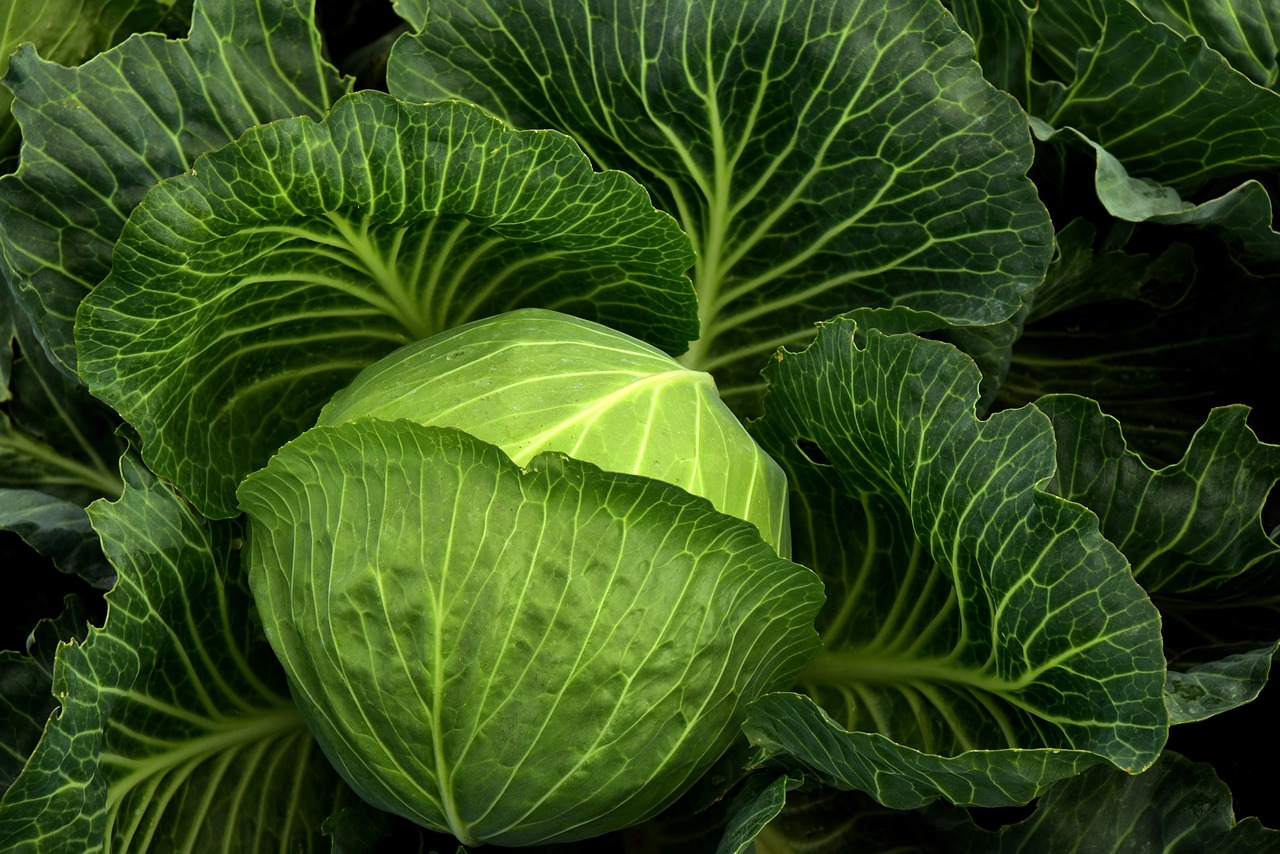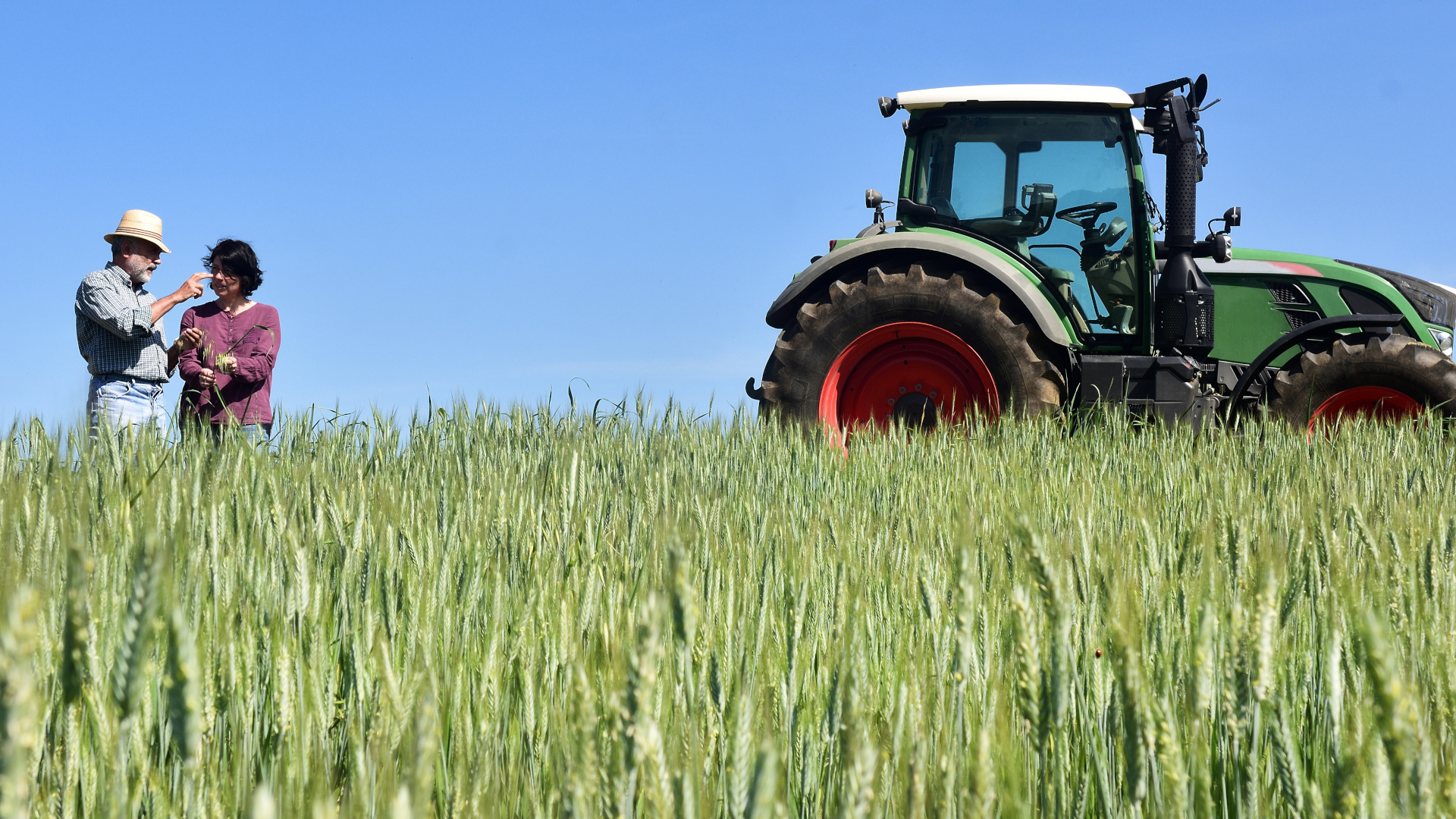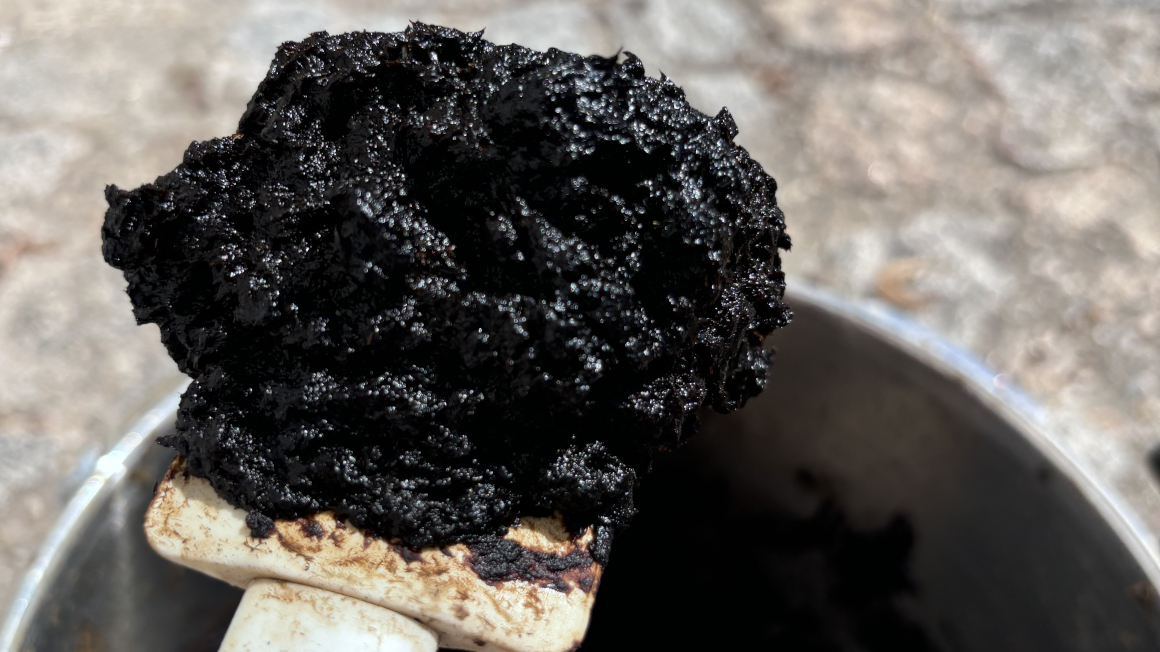
Plants need nitrogen to grow. Conventional agriculture therefore mostly relies on artificial fertilizers, which can pollute the ecosystem and the environment. In organic farming, synthetic fertilizers are prohibited. A recent study by the IGZ shows that fertilizers made from human urine produce just as good results in vegetable cultivation as established fertilizers for organic farming.
The research team applied the recycled fertilizer made from human urine and feces to three different soils when growing white cabbage, which differed primarily in their clay content. According to study authors, the combined application of nitrified urine fertilizer and fecal compost resulted in slightly lower crop yields, but may increase soil carbon content in the long term, promoting climate-resilient food production. The decisive factor was that the edible parts of the white cabbage plant contained neither pathogens nor medicinal agents in any appreciable concentration.
The researchers are convinced that urine fertilizers enriched with nitrate have enormous potential as fertilizers in agriculture. As the team reports in the journal Frontiers in Environmental Science, up to 25% of conventional synthetic mineral fertilizers in Germany could thus be replaced by recycled fertilizers made from human urine and feces. However, this would require amending the Fertilizer Ordinance, which bans human feces and urine as raw materials for fertilizers in Germany.


